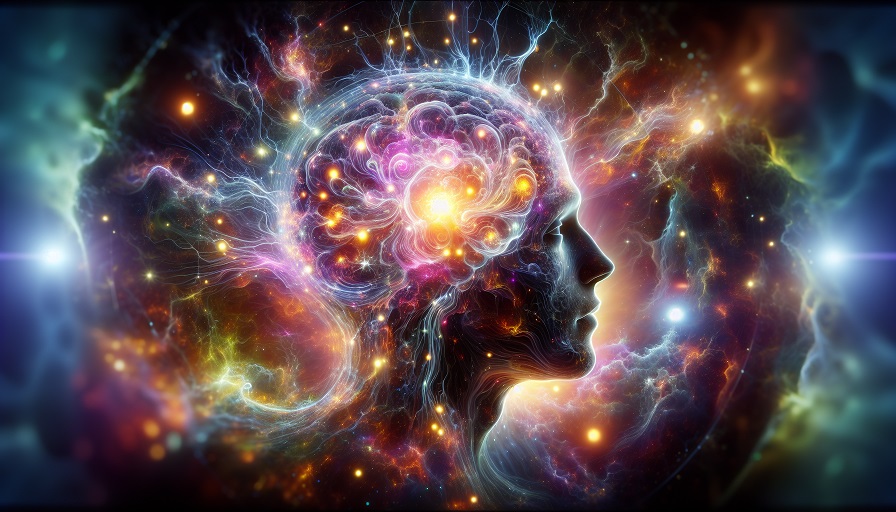
You probably cannot recall what you ate for lunch two weeks ago, but you can clearly remember the time you tripped in front of a crowd, stumbled over your words in a meeting, or sent a text to the wrong person. Embarrassing moments seem to burn themselves into memory, often more sharply than our victories. This is not just bad luck – there is a scientific reason behind it. Understanding why your brain prioritizes embarrassment over triumph can help you use this quirk to your advantage, both for personal growth and for sharper learning.
Contents
The Brain’s Threat Detection System
From an evolutionary perspective, embarrassment signals a potential threat to social standing. For early humans, losing credibility within the group could mean reduced cooperation, fewer resources, and even survival challenges. The brain evolved to detect and remember socially risky situations with high accuracy, so they could be avoided in the future.
This process is tied to the amygdala, the brain’s emotional alarm center, which works closely with the hippocampus to encode memories. When you feel embarrassed, your body reacts as if it is under threat – heart racing, face flushing, muscles tensing – triggering a surge of stress hormones like cortisol and adrenaline. These chemicals tell the brain, “This is important. Remember it.”
Why Positive Moments Fade Faster
While victories and successes do activate reward pathways in the brain, they usually come with less intense physiological arousal than embarrassment or shame. Without the same surge of stress hormones, the hippocampus does not flag them as urgently. As a result, memories of triumph are often less vivid than those tied to mistakes or social missteps.
This bias toward negative experiences is called the negativity bias, and it influences everything from decision-making to relationship dynamics. It is why one piece of criticism can overshadow ten compliments, and why failures are often more motivating – or haunting – than successes.
The Role of Self-Conscious Emotions
Embarrassment belongs to a group of self-conscious emotions, along with guilt, shame, and pride. These emotions require self-awareness and the ability to consider how others perceive you. They are powerful motivators for social learning, as they push you to adjust your behavior in ways that align with group expectations.
For instance, if you once forgot someone’s name during an introduction, the memory of that awkward pause may prompt you to be more attentive in future social situations. Over time, these emotionally charged memories shape social skills and personal habits.
How Embarrassment Boosts Learning
Though uncomfortable, embarrassment can enhance learning and retention. Here is how:
- Strong emotional tagging: Intense feelings make memories more durable.
- Context-rich encoding: Embarrassing events often involve specific details – faces, locations, phrases – that act as retrieval cues.
- Behavioral correction: The memory serves as a warning system, steering you away from repeating the same error.
Teachers and trainers sometimes use this effect deliberately – light, good-humored embarrassment in a safe setting can help lessons stick without damaging self-esteem.
Balancing the Scales: Remembering Triumphs
While the brain naturally leans toward recalling the awkward and the painful, you can strengthen memories of positive experiences through deliberate practice:
- Replay the moment: Reflect on successes in detail soon after they occur.
- Share the story: Talking about a win reinforces the memory pathways.
- Use sensory anchors: Pair celebrations with distinct sights, sounds, or smells to create stronger recall cues.
- Document it: Write about achievements in a journal to revisit later.
These habits can counterbalance the negativity bias and help build a more accurate, motivating memory portfolio.
Embarrassment, Brain Health, and Supplements
Emotionally charged memories rely on strong neural communication between the amygdala and hippocampus. Brain health plays a key role here – factors such as sleep, stress management, and nutrition influence how vividly and accurately these moments are stored. Some people use nootropics and brain supplements to support memory and cognitive processing. While they cannot erase embarrassing memories, they may help ensure that both positive and negative events are recalled with clarity, making your mental record more balanced and useful for growth.
Using Embarrassment for Resilience
Rather than trying to forget embarrassing moments, you can reframe them as valuable data. Each awkward misstep is a built-in lesson plan from your brain, complete with high emotional stakes to make sure you remember it. By viewing embarrassment as a teacher rather than an enemy, you can turn discomfort into a tool for self-improvement.
The Lasting Mark of Awkwardness
Embarrassing moments may linger longer than triumphs, but they do not have to weigh you down. They are the mind’s way of sharpening your social instincts and reinforcing adaptive behavior. By pairing that awareness with intentional celebration of your victories, you can create a richer, more balanced memory landscape – one that honors both the lessons learned from mistakes and the pride earned from success.

